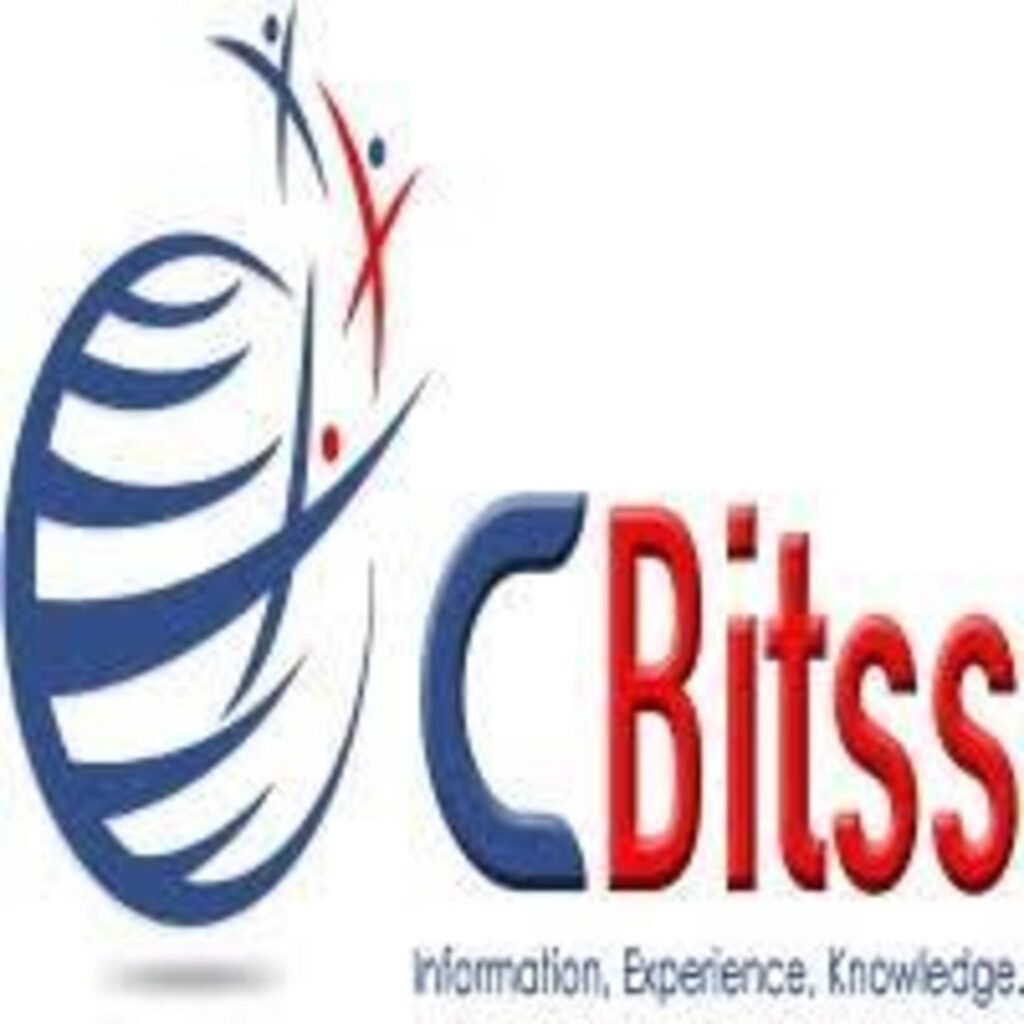Tally vs QuickBooks: Choosing the Right Accounting Software
Table of Contents
- Introduction
- What is Tally?
- What is QuickBooks?
- Core Features Comparison
- Accounting Capabilities
- Inventory Management
- Reporting and Analytics
- Scalability and Customization
- User Interface and Ease of Use
- Integration Capabilities
- Pricing Models
- Customer Support and Training
- Security and Compliance
- Tally vs QuickBooks: Which is Right for You?
- Conclusion
Introduction
Tally vs QuickBooks. Selecting the appropriate accounting software is crucial for businesses to manage finances effectively. Tally and QuickBooks are two prominent choices, each offering unique features tailored to different business needs. This article aims to compare and contrast Tally and QuickBooks comprehensively to aid in making an informed decision.
What is Tally?
Tally.ERP 9, developed by Tally Solutions Pvt. Ltd., is widely recognized and used for accounting, inventory management, and statutory compliance in India and other countries. It is known for its robust features and ease of use, particularly suited for small and medium-sized enterprises (SMEs).
What is QuickBooks?
QuickBooks, developed by Intuit, is a globally acclaimed accounting software designed primarily for small businesses, freelancers, and accountants. It offers comprehensive financial management tools, including invoicing, expense tracking, and tax preparation, with a strong emphasis on user-friendly interfaces and scalability.
Core Features Comparison
Accounting Capabilities
Tally: Offers robust accounting features, including ledger management, accounts receivable/payable, bank reconciliation, and comprehensive statutory compliance features tailored for Indian taxation laws.
QuickBooks: Provides core accounting functionalities with intuitive workflows for creating invoices, managing expenses, tracking income and expenses, and facilitating tax preparation. It supports global accounting standards and offers localization options.
Inventory Management
Tally: Excels in inventory management with features such as batch-wise tracking, multi-location inventory handling, stock valuation methods, and comprehensive reporting on stock movements and profitability.
QuickBooks: Provides inventory tracking capabilities suitable for retail and manufacturing businesses. It allows tracking stock levels, reordering processes, and generating inventory reports to optimize stock management.
Reporting and Analytics
Tally: Offers customizable reports for financial statements, GST compliance, audit trails, and more. It provides insights into business performance with detailed analytics and dashboards.
QuickBooks: Provides advanced reporting tools with interactive dashboards, cash flow forecasting, and business analytics. It enables users to generate various financial reports and customize them according to business needs.
Scalability and Customization
Tally: Scalability depends on the edition (Tally.ERP 9, TallyPrime) and supports customization through Tally Definition Language (TDL) for specific business requirements and integration with third-party applications.
QuickBooks: Offers scalability with multiple editions (Online, Desktop) and subscription-based pricing models. It supports extensive customization through apps and integrations with third-party solutions for expanding business functionalities.
User Interface and Ease of Use
Tally
Tally’s interface is straightforward, designed for users familiar with accounting terminologies and workflows. It focuses on simplicity and ease of navigation within its modules, ensuring minimal training requirements.
QuickBooks
QuickBooks is known for its user-friendly interface, intuitive design, and accessibility. It caters to users without accounting backgrounds, providing guided workflows and easy-to-understand features for efficient financial management.
Integration Capabilities
Tally
Integrates with third-party applications through the Tally Gateway Interface (TGI) and supports customization through TDL. It allows businesses to extend Tally’s functionality with industry-specific solutions and external applications.
QuickBooks
Offers seamless integration with hundreds of third-party apps and services, enhancing functionalities in CRM, payroll, e-commerce, and more. It provides a robust ecosystem for businesses to integrate and streamline operations.
Pricing Models
Tally
Tally offers perpetual licensing with different pricing tiers based on features and functionalities required. Pricing varies for Tally.ERP 9 and TallyPrime editions, with additional costs for upgrades and support.
QuickBooks
Provides subscription-based pricing models for QuickBooks Online and one-time payment options for QuickBooks Desktop editions. Pricing tiers vary based on features, number of users, and additional services like payroll and advanced reporting.
Customer Support and Training
Tally
Offers customer support through phone, email, and online forums. Tally also provides training and certification programs, webinars, and workshops to educate users on software functionalities and updates.
QuickBooks
Provides extensive customer support with dedicated helplines, community forums, and online resources. QuickBooks offers training through webinars, video tutorials, and certified consultants for personalized assistance.
Security and Compliance
Tally
Prioritizes data security with encryption, secure access controls, and compliance with local taxation laws. It ensures data integrity and confidentiality, adhering to stringent regulatory standards for financial transactions.
QuickBooks
Ensures robust security measures with bank-grade encryption, multi-factor authentication, and compliance with global data protection regulations. QuickBooks focuses on safeguarding sensitive financial information and maintaining user trust.
Tally vs QuickBooks: Which is Right for You?
- Choose Tally if your business operates in India or requires robust statutory compliance features, extensive inventory management capabilities, and prefers perpetual licensing.
- Choose QuickBooks if you need user-friendly interfaces, scalable solutions for global markets, extensive integration options with third-party apps, and prefer subscription-based pricing models.
Conclusion
In conclusion, selecting between Tally and QuickBooks depends on your business size, industry requirements, geographical location, and specific accounting needs. Both software solutions offer distinct advantages in terms of features, usability, scalability, pricing, and customer support. Evaluate your business priorities, consider long-term scalability, explore demo versions, and leverage trial periods to make an informed decision. Whether you opt for Tally’s robust compliance features or QuickBooks’ intuitive interface and global compatibility, investing in the right accounting software is crucial for optimizing financial operations and driving business growth.









Your perspective on this topic is very interesting. Thanks for the detailed explanation.